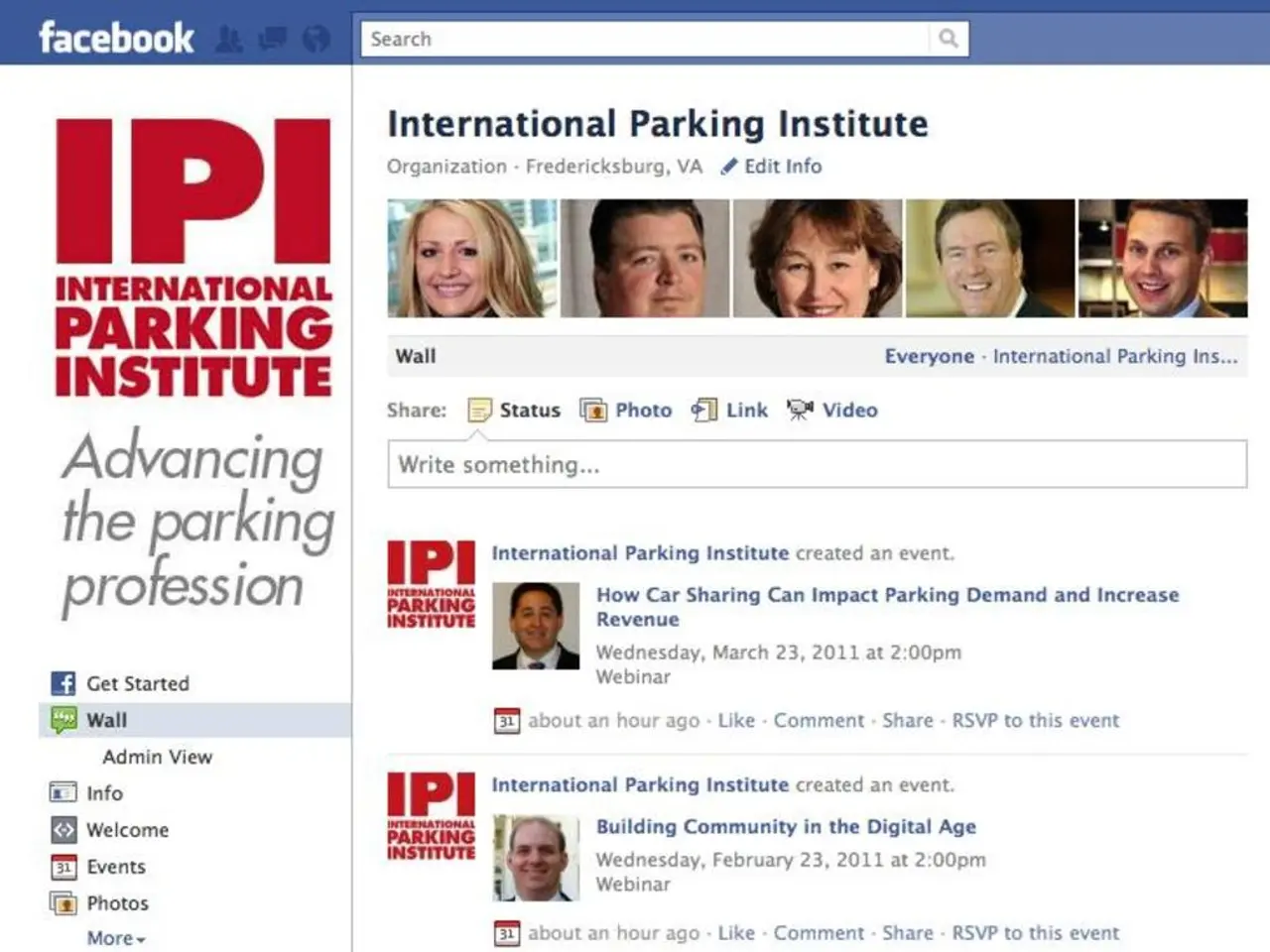Online Female Politicians Suffer Increased Personal Assaults: Who Is Responsible?
In a groundbreaking study, more than 23 million posts on the social media platform X were analyzed, targeting politicians in Germany, Spain, the United Kingdom, and the United States. The research revealed a troubling trend: female politicians face disproportionate online abuse, rooted in gender-based discrimination and societal power hierarchies.
The European Union's Digital Service Act (DSA), which entered into force in February 2024, aims to protect consumers' rights online and make it easier for users to flag problematic posts. However, experts argue that corporate accountability of social media companies remains low.
Sara de Vuyst, a professor in contemporary visual culture at the University of Maastricht, and Sandra Wachter, a professor at the University of Oxford and the Hasso Plattner Institute in Potsdam, Germany, have highlighted key reasons for this online hostility.
Sexism and gender stereotypes are prevalent, with women in politics disproportionately targeted with hate speech that attacks their gender, appearance, ethnicity, and personal morality, rather than their political views. Comments often reflect outdated gender roles, such as dictating that women should remain in domestic spaces instead of politics.
Online abuse is also a reflection of offline inequality, reinforcing power imbalances and seeking to exclude women politicians from civic life. In some European contexts, discourses linked to gender-critical or anti-gender ideologies contribute to the erosion of women's rights and democratic norms.
The impact of anonymity and platform dynamics is significant, as online platforms remain arenas where subtle and explicit verbal aggression against women thrives, often escaping the full detection of AI tools designed to manage hate speech.
Even less known female politicians face disproportionate online abuse, indicating that the attacks are rooted in gender bias rather than fame or political prominence. This online hostility can lead women politicians to reduce their presence online and deter them from running for political office.
Italian politician Giulia Fossati, who entered politics around 2021 and regularly uses social media to share her views on topics like migration, racism, and feminism, has faced online harassment. Fossati chooses to focus on the bright side and views online haters as not representing the whole reality. However, the online harassment she experiences often combines digs at her gender and age.
Wachter noted that online attacks against women are driven in part by the economic interests of major tech companies, as their business models are designed to keep users online for ad sales. The study's use of AI to flag "uncivil" tweets has been criticized for potentially missing subtler forms of verbal aggression.
Despite these challenges, efforts to combat online hate towards female politicians continue. The DSA, while not a panacea, is a step towards ensuring a safer digital space for all. As the digital landscape evolves, so too must our strategies for combating online hate and promoting gender equality in politics.
[1] de Vuyst, S., & Wachter, S. (2023). Gender, Politics, and Online Hate: A Comparative Study of Social Media Discourse in Europe. Politics and Gender.
[2] Wachter, S., & de Vuyst, S. (2023). The Digital Gender Divide: A Critical Analysis of Online Hate Towards Female Politicians in Europe. Journal of Information Technology & Politics.
[3] Fossati, G. (2023). Irony as a Response to Online Hate: The Case of Giulia Fossati. Feminist Media Studies.
[4] de Vuyst, S., & Wachter, S. (2024). The Legacy of Gender Inequality in the Digital Age: Online Hate Towards Female Politicians in Europe. European Journal of Women's Studies.
[5] Wachter, S., & de Vuyst, S. (2024). Technology, Gender, and Power: A Critical Analysis of Online Hate Towards Female Politicians in Europe. New Media & Society.
- The study, 'Gender, Politics, and Online Hate: A Comparative Study of Social Media Discourse in Europe,' published in Politics and Gender by Sara de Vuyst and Sandra Wachter, sheds light on the disproportionate online abuse faced by female politicians.
- In 'The Digital Gender Divide: A Critical Analysis of Online Hate Towards Female Politicians in Europe,' published in the Journal of Information Technology & Politics, Sandra Wachter and Sara de Vuyst discuss the key reasons for the online hostility towards female politicians.
- Giulia Fossati, an Italian politician, is highlighted in 'Irony as a Response to Online Hate: The Case of Giulia Fossati' published in Feminist Media Studies, who faced online harassment along with digs at her gender and age.
- The legacy of gender inequality in the digital age is examined in 'The Legacy of Gender Inequality in the Digital Age: Online Hate Towards Female Politicians in Europe,' published in European Journal of Women's Studies by Sara de Vuyst and Sandra Wachter.
- 'Technology, Gender, and Power: A Critical Analysis of Online Hate Towards Female Politicians in Europe,' published in New Media & Society by Wachter and de Vuyst, delves into the economic interests of major tech companies driving online attacks against women.
- Online abuse towards female politicians can lead to reduced online presence and deterrence from running for political office, as highlighted in various studies, including the ones by de Vuyst and Wachter in their work on social media discourse and gender in Europe.
- The European Union's Digital Service Act (DSA), which entered into force in February 2024, is an effort to ensure a safer digital space for all, but experts argue that corporate accountability of social media companies remains low.
- The impact of anonymity and platform dynamics on online aggression against women is significant, with AI tools designed to manage hate speech often missing subtler forms of verbal aggression, as pointed out in studies like those conducted by de Vuyst and Wachter.




